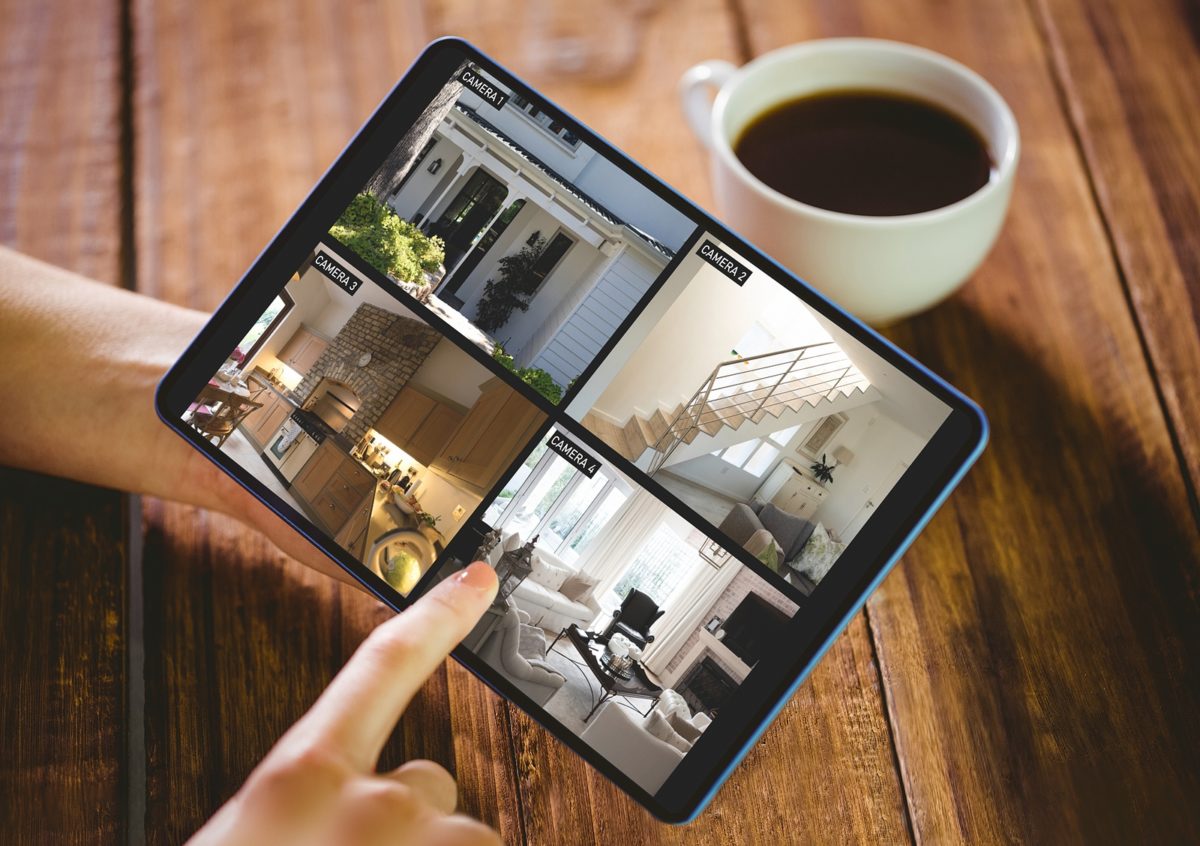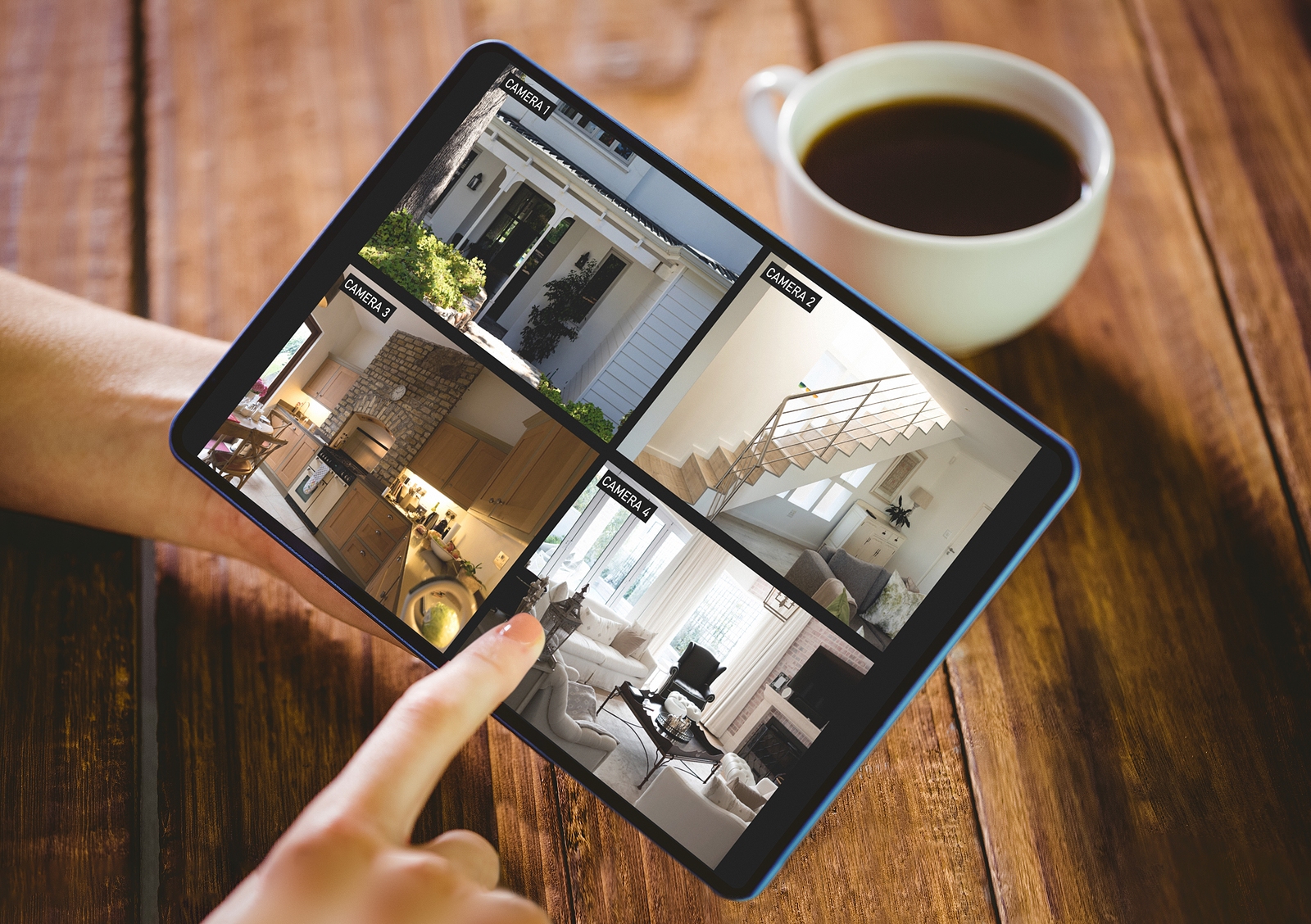Depending upon where you live in the U.S., home security may be your biggest concern when buying a house. Urban homes with security features are hot sellers and insurance on these homes is typically discounted.
There are many home security systems available, including alarm systems and cameras that make houses less attractive to crooks and more attractive to buyers.
First, look for basic home security features when house hunting
High-tech home security systems are only one aspect of home safety. Basic home security includes some common-sense strategies that make your home a tougher target for criminals. Consider these home security tips when viewing homes:
- All exterior doors should have deadbolts, including the door leading to an attached garage. Security professionals recommend that the deadbolt you purchase meets the American National Standards Institute (ANSI) grade 1 testing standards.
- Doors to the exterior of the home and the garage should be 1 ¾ inches thick.
- Doors should be attached to frames with hinge screws that are at least two and a half to three inches long.
- Doorways should be well-lit.
- Exterior doors should be solid wood or reinforced with steel.
- If window security bars are used, they should be easily removable in case of fire.
- The front door should be visible from the street.
- Hedges should be trimmed to below the windowsills.
- Check all the window locks to ensure that they work properly.
Home security systems
A few years ago, researchers at Rutgers University pored over five years of statistics and found that a burglar alarm in the home will decrease the residents’ chances of break-ins.
Home security systems come in many forms and at most price points. The most complicated systems alert security companies when security alarms go off or when suspicious activity is detected on security cameras.
Other systems sound local alarms when a door or window is breached, alerting residents and neighbors.
Some home security systems are smartphone-integrated and will text or phone homeowners when alarms are triggered or security cameras detect motion.
If a home security system isn’t in your budget, consider a dummy system. Some include decoy cameras that resemble real ones. Another recommended deterrent is a motion-activated security light, or several placed strategically around your property.
Get a security check-up on that home you have your eye on
Police officers can offer a wealth of information and advice when it comes to your safety and home security. Contact the local police department for information on how many calls they answer in the neighborhood during a typical month. Find out about the typical response time in the neighborhood for both police and fire fighters.
Check the National Sex Offender Registry database to find out if there is a sexual predator living nearby.
Security consultants and police officers suggest that the aim of home security isn’t to necessarily burglar-proof your home, but to make it appear less attractive to burglars than other homes on the street and to slow down an intruder that is determined to gain entry.
Some police departments will assess the security of a home as a public service. These security checks go over the basics of home security and provide you with the tools you need to get started on creating your own home security system.
If you prefer a DIY home security evaluation, check out this home safety checklist at Safewise.com.

